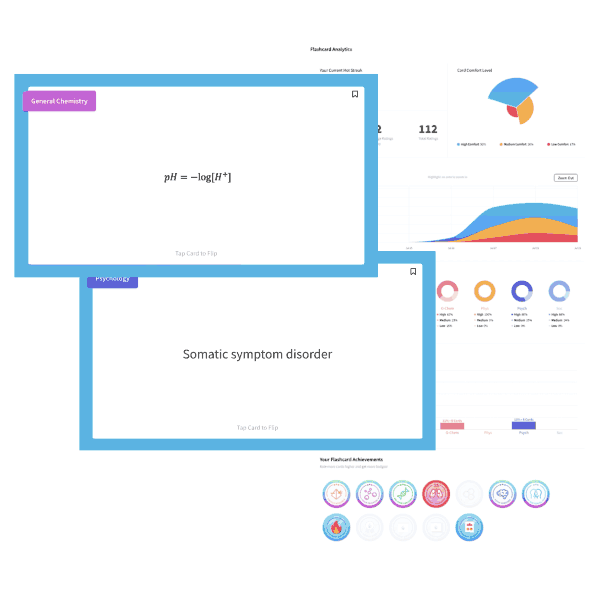Which of the following pure compounds form ionic bonds?
- CaCl2
- HCl
- NaF
- Mg(OH)2
- I only
- I and II only
- I, III, and IV
- I, II, III, and IV
Click for Explanation
An ionic bond is formed between two atoms when one atom loses one or more electrons and another atom gains one or more electrons. This results in a positively charged cation and a negatively charged anion. The electrostatic attraction between the oppositely charged ions creates the bond, which can be measured by the finding the difference in electronegativity of the two atoms.
Generally, a metal and nonmetal atom form ionic bonds. Metals prefer to give up electrons to form cations whereas nonmetals prefer their reduced anion form. In the case of CaCl2, NaF, and Mg(OH)2, each atom contains a metal that is bonded to a nonmetal. These all represent ionic bonds. While hydrochloric acid tends to dissociate in water to form H+ and Cl–, a pure solution cannot. Pure HCl contains two nonmetals, which forms a polar covalent bond. Therefore, C is the correct answer.
Want more MCAT practice?
We’ve got options for every schedule and learning style!
From the best online MCAT course created by top instructors with 524+ MCAT scores to the most representative full-length practice exams and private tutoring, we can custom tailor your MCAT prep to your goals!
Not sure which option is right for you? Schedule a free MCAT consultation with an MCAT expert using the form below. No obligation, just expert advice.
Search the Blog

Free Consultation
Interested in our Online MCAT Course, One-on-One MCAT Tutoring or Med admissions packages? Set up a free consultation with one of our experienced Senior Student Advisors.
Schedule NowPopular Posts
-
MCAT Blog What's on the MCAT?
-
MCAT Blog How to Review MCAT Full Lengths

Free MCAT Practice Account
Need great MCAT practice?Get the most representative MCAT practice possible when you sign up for our free MCAT Account, which includes a half-length diagnostic exam and one of our full-length MCAT practice exams.
Learn More






